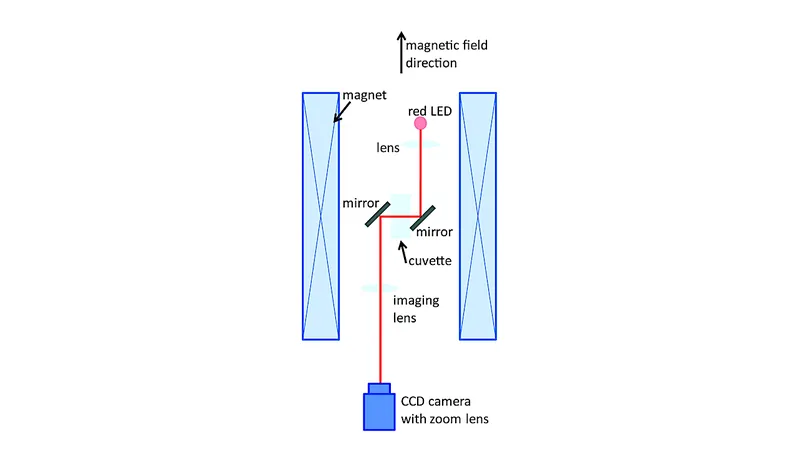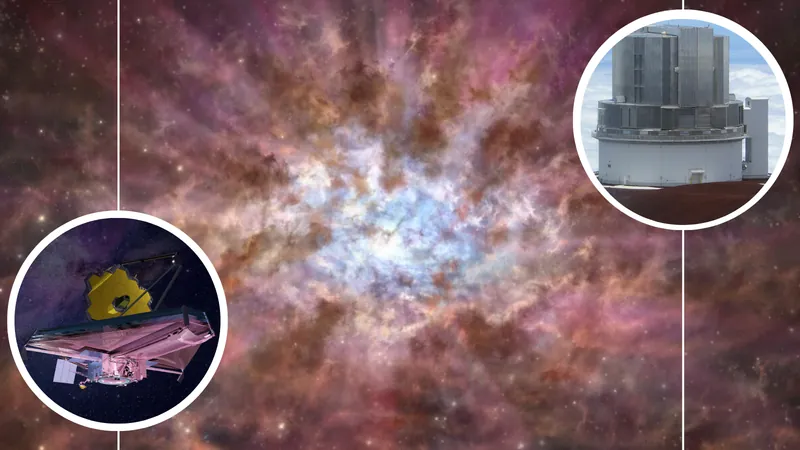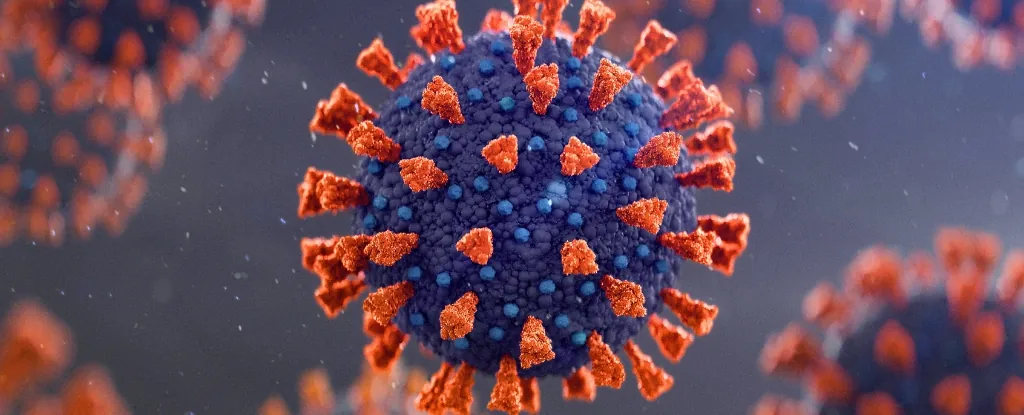
Revolutionary Discoveries: How High Magnetic Fields Affect Unicellular Swimmers!
2025-09-12
Author: John Tan
Exploring the Unseen Forces on Tiny Organisms
Recent research into the gravity-dependent behaviors of two fascinating organisms, Paramecium biaurelia and Euglena gracilis, has opened new doors in understanding how high magnetic fields might mimic the weightlessness found in space.
Can Magnetic Fields Simulate Weightlessness?
To test the hypothesis that strong magnetic fields can serve as a ground-based alternative to real microgravity, scientists subjected these unicellular organisms to powerful homogeneous magnetic fields of up to 30 Tesla, as well as strong magnetic field gradients.
The results were startling! As they swam, Paramecium cells aligned themselves along the magnetic field lines, while Euglena displayed a perpendicular orientation. This clear distinction suggests that magnetic forces significantly influence the swimming patterns, diverging from the random movements typical of microgravity.
The Mystery of Anisotropic Structures
Further experiments involved Astasia longa, a species closely related to Euglena but lacking chloroplasts and photoreceptors. When subjected to the same magnetic conditions, Astasia showed no reorientation like its wild-type counterpart, hinting at the existence of anisotropic structures within Euglena that drive its unique orientation behavior.
Unexpected Challenges in Levitation
Even with the highest magnetic field gradients, immobilized Euglena and Paramecium cells couldn't achieve levitation; instead, they continued to sediment as usual. This prompted researchers to conclude that the powerful magnetic fields essentially obscure the behavioral effects typically observed in genuine microgravity environments.
The Final Verdict: Magnetic Fields vs. Microgravity
In a groundbreaking realization, the study suggested that magnetic fields might not be suitable for simulating microgravity for gravitactic unicellular organisms. The profound influence of the magnetic field itself disrupts the natural behaviors observed in zero-gravity settings.
These astonishing findings not only expand our understanding of unicellular life but also highlight the complexities of simulating extraterrestrial conditions right here on Earth. As science continues to delve into the microscopic world, who knows what other secrets these tiny swimmers hold?






 Brasil (PT)
Brasil (PT)
 Canada (EN)
Canada (EN)
 Chile (ES)
Chile (ES)
 Česko (CS)
Česko (CS)
 대한민국 (KO)
대한민국 (KO)
 España (ES)
España (ES)
 France (FR)
France (FR)
 Hong Kong (EN)
Hong Kong (EN)
 Italia (IT)
Italia (IT)
 日本 (JA)
日本 (JA)
 Magyarország (HU)
Magyarország (HU)
 Norge (NO)
Norge (NO)
 Polska (PL)
Polska (PL)
 Schweiz (DE)
Schweiz (DE)
 Singapore (EN)
Singapore (EN)
 Sverige (SV)
Sverige (SV)
 Suomi (FI)
Suomi (FI)
 Türkiye (TR)
Türkiye (TR)
 الإمارات العربية المتحدة (AR)
الإمارات العربية المتحدة (AR)